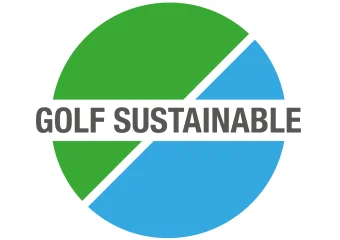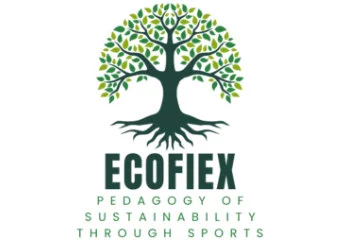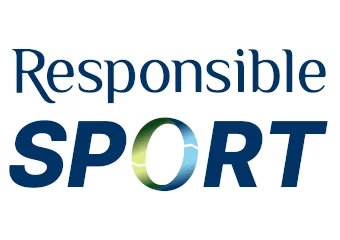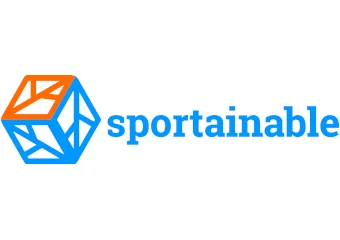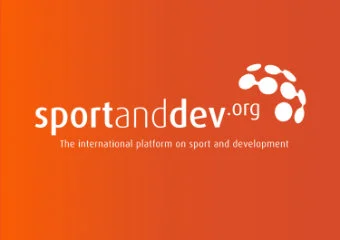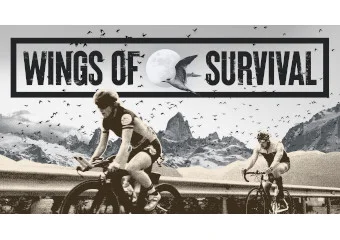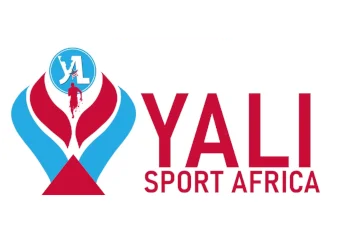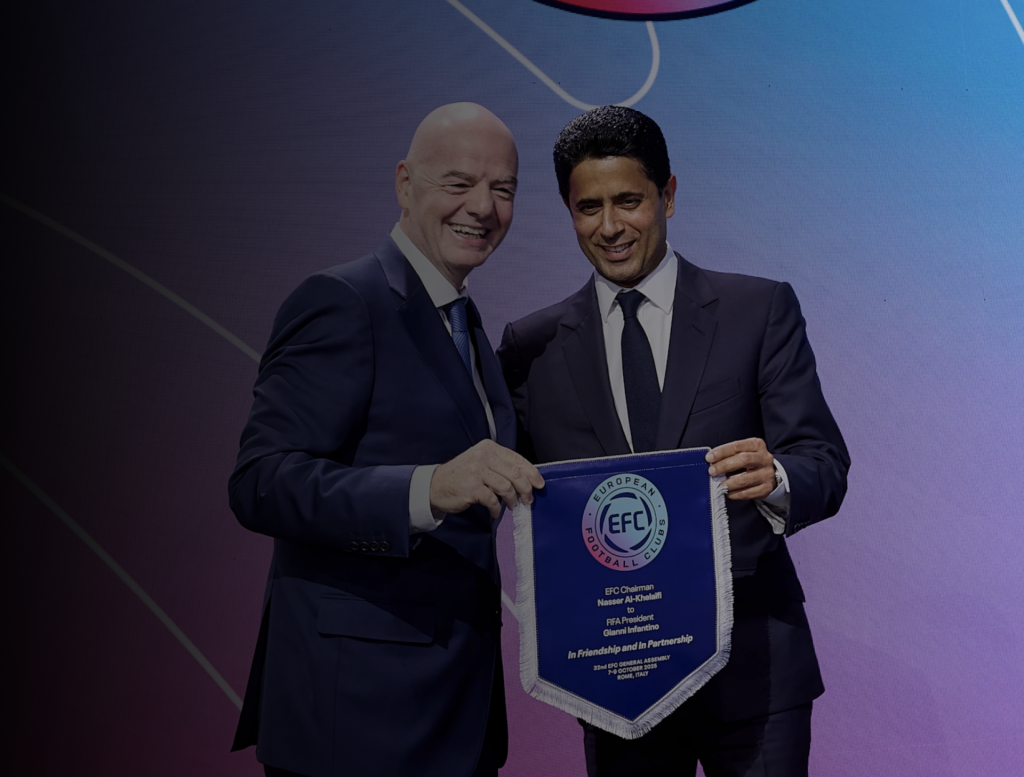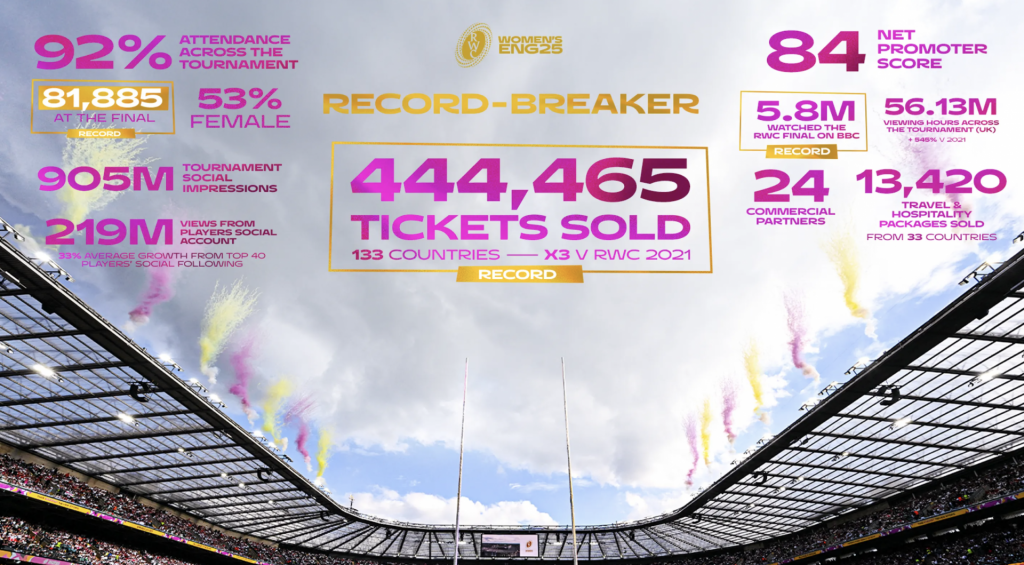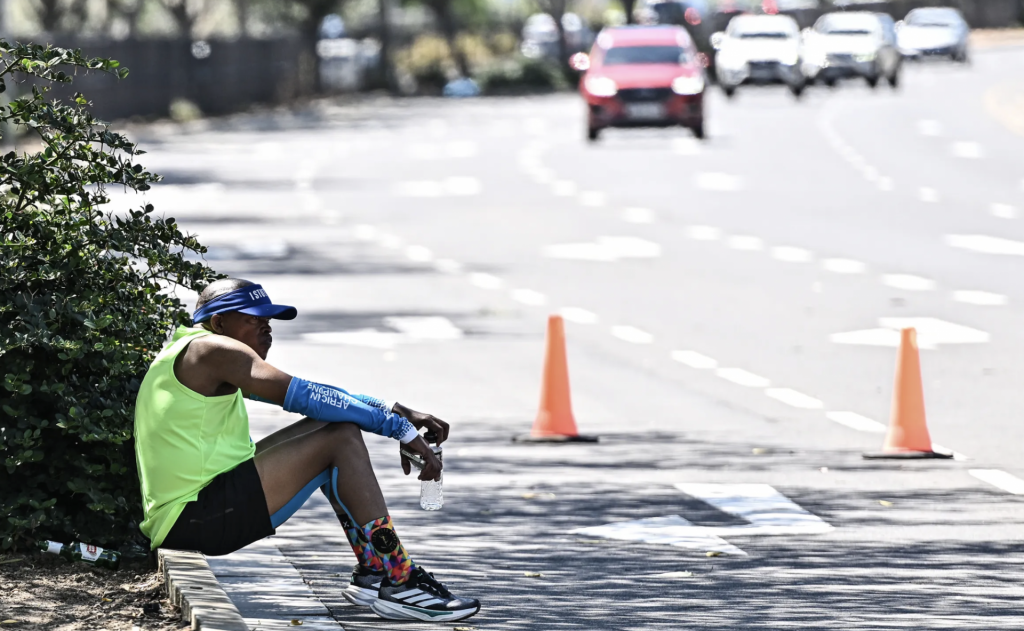To access our unique news archive of over 1,400 articles with insights on over 500+ sustainable sports organisations, join the GSS Network today.
Login here if you are a registered network subscriber.
News article
Top storyGlobal Symposium Reimagines Sport as a Tool for Climate Action and Mobility Justice
From 15-17 October, the DREAMING in Sports Collaboratory at York University hosted its first-ever international symposium, “Advancing Mobility Justice, Gender Equity & Climate Action through Sport”. The three-day, in-person event brought together a diverse group of global leaders to confront the persistent (dis)connect between mobility justice, climate action, and sport, the latter defined broadly to include leisure, recreation, physical activity, and 'movement'.
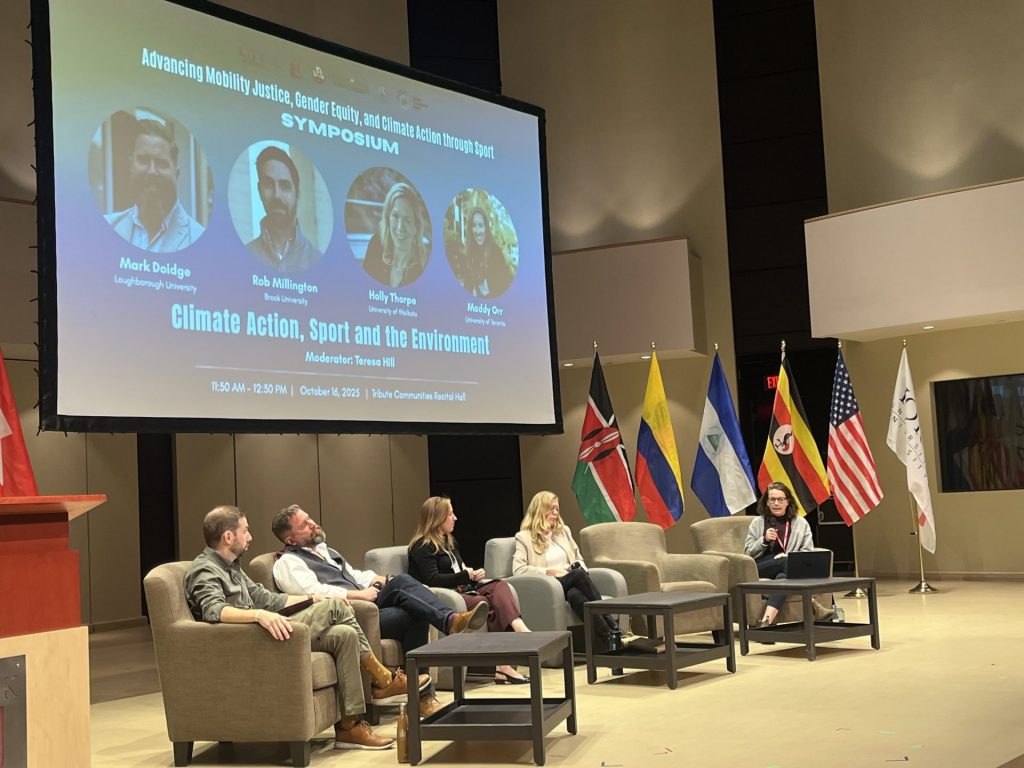
Held in Toronto, the symposium convened leading global and local scholars alongside representatives from international agencies like the United Nations Environment Programme, sport organisations such as Commonwealth Sport Canada, and industry leaders including Maple Leaf Sports and Entertainment. The goal was to generate critical synergies, identify key policy innovations, and explore how sport and movement, particularly bicycles, can serve as powerful tools for addressing pressing social and environmental inequities.
Bridging Disciplines and Continents
The event’s unique strength lay in its interdisciplinary and international attendance. Participants travelled from Sub-Saharan Africa (Kenya, Uganda), Latin America (Colombia, Nicaragua), and various Global North countries (Canada, United States, United Kingdom, Netherlands, Switzerland, Aotearoa New Zealand). They represented fields as varied as transportation planning, public health, traffic engineering, sport management, sustainable development, and gender and feminist studies.
This convergence was intentional. The symposium aimed to foster a safe space for vulnerable discussions on complex topics. These included feminist ethics and “mobilities of care,” South-South cooperation, and South-North policy learning.
A central theme was the examination of transnational inequities in “intersectional classed, raced and gendered mobilities”. Panels also addressed larger injustices in “macro-mobilities,” questioning who has access to fundamentals like clean water, food, and energy, and who remains most vulnerable to climate disruption and displacement on a planetary scale.
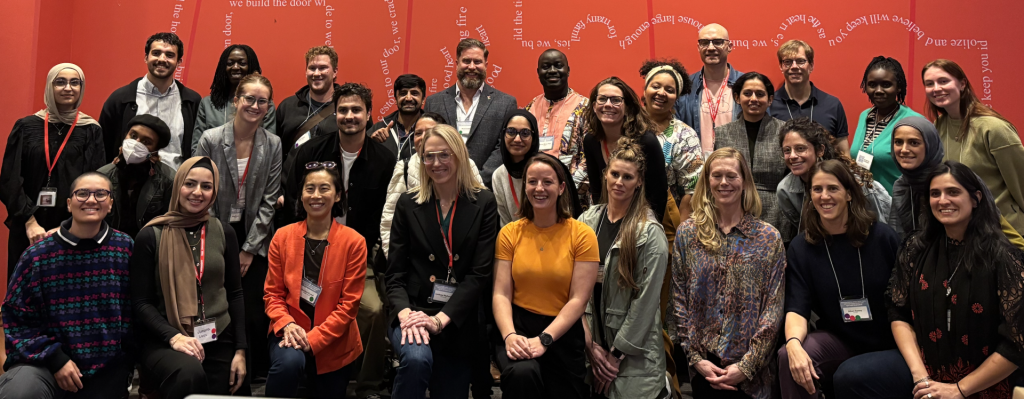
A Three-Day Journey: From Advocacy to Action
The symposium structured its ambitious agenda across three distinct thematic days.
Day 1, “Reclaiming Spaces: Anti-Colonial Journeys and Grassroots Movements,” opened with reflections on the deep relationship between movement (like cycling) and the land. It invited participants to consider how mobility is often shaped by colonial histories and how film and arts-based methodologies can be used to spark conversations on environmental stewardship and advocacy. This day featured a screening of the film Dirt Relations, which highlights the Indigenous Youth Mountain Bike Group.
Day 2, “Changing Gears: Gender Equity, Climate Action, and Global Perspectives on Mobility Justice,” centred on feminist approaches to movement. Discussions emphasised the critical need for “intersectional approaches to planning, design, and decision-making” to create safer and more inclusive mobility environmental systems for everyone. The sessions were noted for centering global and local perspectives in dialogue with one another.
Day 3, “Creating Sustainable Futures: Policy, Climate Justice, and Collective Action,” focused on tangible outcomes. This final day examined policy challenges and opportunities. It featured the official launch of three global policy briefs and culminated in an interactive workshop designed to co-develop a collective action plan.
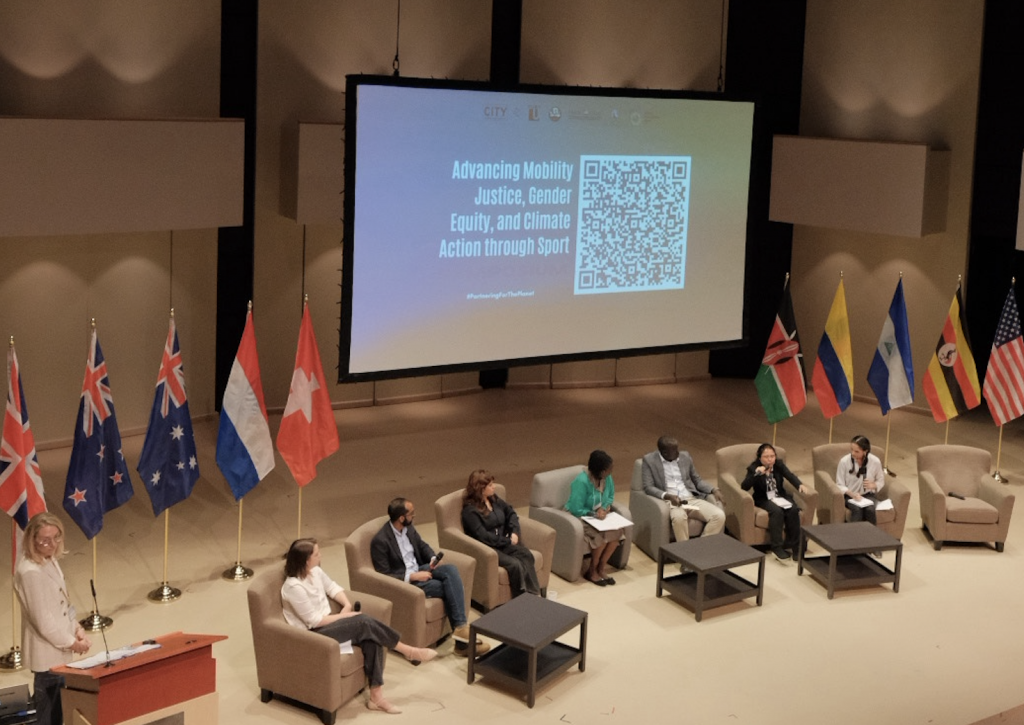
Spotlight on Research and Grassroots Activism
Among the many powerful discussions, several panels and presentations stood out for their impactful insights.
A methodological panel on participatory action research explored pairing feminist geography with community-based methods. Maddy Shepphard-Perkins (Carleton University) explained how participatory visual tools like story maps and GIS can be used to advocate for equitable recreation access, visually pinpointing spaces most impacted by climate change for government action.
The panel “Climate Action, Sport, and the Environment” featured speakers Mark Doidge, Rob Millington, Holly Thorpe, and Maddy Orr. A key discussion point was how:
“…lived experiences and contexts drive climate action initiatives among young women and girls living in diverse communities across the Global South.”
Dr. Orr (University of Toronto) was cited for “impressive strategies for leveraging: 1) legal frameworks; and 2) the mortality costs of carbon to ignite global sporting bodies into action” and hold them accountable for climate change. Both Drs. Orr and Thorpe (University of Waikato) called upon academics to “pursue activism and bravery in using research for advocacy”.
Another highlighted panel, “Climate Action and Leisure: Grassroots Perspectives,” featured Cyprine Odada, Alison Carney, and Sana Mahmud. This session sparked an:
“…inspiring discussion about the emotionally embodied labour that (mainly female) volunteers undertake when supporting others to build more equitable communities…”
Speaking after the symposium, event organiser Lyndsay Hayhurst & York Research Chair (Tier II) in Sport, Gender, Development and Digital Participatory Research commented: “We created this symposium to bring together the worlds of mobility justice, sport, gender equity and climate action – in the hopes of boldly moving forward together. By learning across disciplines and collaborating across sectors, we envisioned shared, safe, and just futures where communities feel welcome, heard, and included. The discussions underscored the power of cross-sectoral partnerships to dismantle silos, confront power inequalities, and turn insights about climate, sport, gender and mobilities into relentless – and meaningfully engaged – global action.”
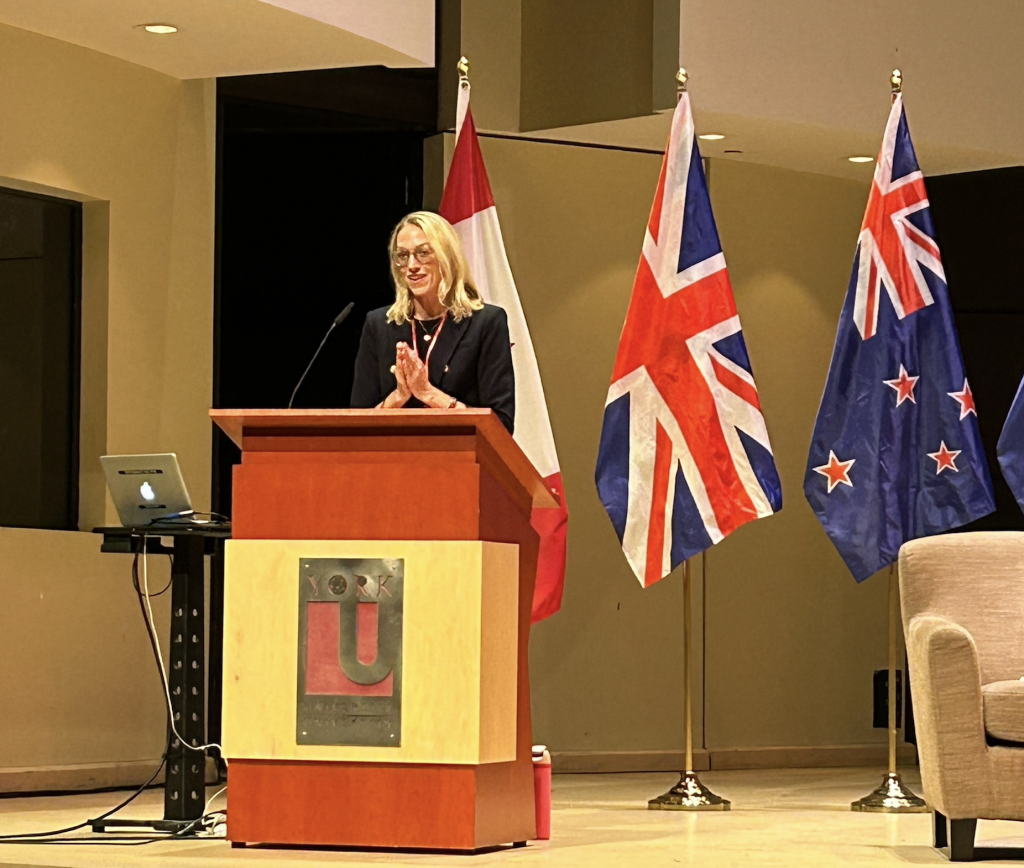
“We created this symposium to bring together the worlds of mobility justice, sport, gender equity and climate action – in the hopes of boldly moving forward together. By learning across disciplines and collaborating across sectors, we envisioned shared, safe, and just futures where communities feel welcome, heard, and included. The discussions underscored the power of cross-sectoral partnerships to dismantle silos, confront power inequalities, and turn insights about climate, sport, gender and mobilities into relentless – and meaningfully engaged – global action.”
Tangible Outputs and a Virtual Future
The symposium was not just about discussion; it was designed to produce concrete results. The final day’s workshop, “Turning Dialogue into Action,” successfully fostered cross-sector collaboration. Its outputs included a set of actionable recommendations, packaged cross-sectoral insights, new partnerships, and a co-created mission statement for accelerating just and sustainable mobility.
A significant achievement was the launch of three policy briefs on global mobility justice:
- Decolonial Feminist Climate Justice and ‘Bicycles for Development’… in Nicaragua
- Mobility Justice and Gender Equity in Uganda…
- Pedal Progression? Critically Examining Toronto’s Cycling Policies…
Looking ahead, the dialogues initiated at York University will be extended through a “forthcoming virtual transnational collective platform”. This platform is designed to facilitate sustained collaboration, share practical toolkits on leveraging research for policy change, and ignite further resource mobilization and knowledge exchange.
The event, made possible by support from The Centre for Feminist Research, The CITY Institute, the LaMarsh Centre, and York University, successfully convened a global network to co-develop strategies for a more inclusive and mobile future.
Additional support and funding was provided by:
- School of Kinesiology & Health Science at York
- Global Research Excellence Fund (York)
- VPRI Scholarly Events and Outreach Funding (York)
- York Research Chairs program
- Social Sciences and Humanities Research Council
- Canadian Foundation for Innovation
For more information, please visit the DREAMING in Sport Collaboratory: https://linktr.ee/dreaminglab.
Read moreDREAMING in Sport Collaboratory
Join the GSS Alliance Partners programme today
Stay ahead of the game with our FREE weekly newsletter, delivering the latest sport and sustainability news from around the globe straight to your inbox
Join the GSS Network programme today
Register for GSS Workshops today
Join the GSS Education programme today






